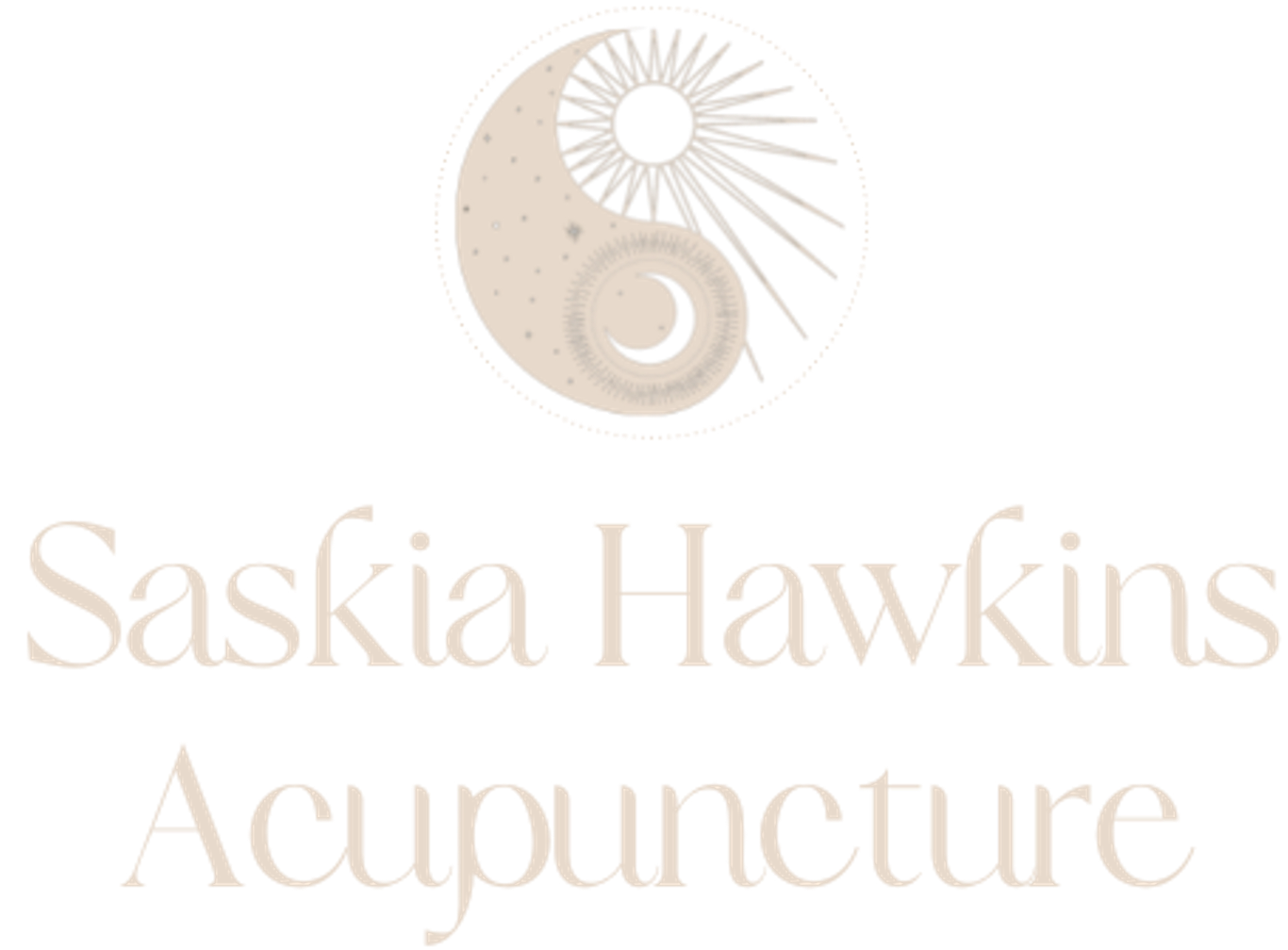
FAQs
WHAT SHOULD I WEAR?
It is recommended you wear loose and comfortable clothing that pulls up easily over knees and elbows, but I understand that is not always convenient so it is not essential.
How should I prepare for my acupuncture session?
Please always make sure you don’t arrive on an empty stomach and are well hydrated.
WHAT DOES ACUPUNCTURE FEEL LIKE?
Acupuncture is a gentle medicine and is not painful. The needles are much finer those used for injections and blood tests. We do sometimes ask whether you can feel what is called the ‘Qi sensation’ (De Qi). This subtle sensation varies from person to person and is often described as a tingling, dull, heavy, numb or warm sensation. Patients often describe having treatment as a pleasant, calming and relaxing experience.
IS ACUPUNCTURE SAFE?
Yes. It is highly recommended that you ensure any acupuncturist you decide to use is a member of The British Acupuncture Council. As members, we are trained to degree level with 3 years / 3600+ hours of training and do mandatory continued professional development. We observe the Code of Safe Practice, which sets out specific hygiene and safety standards guidelines.
CAN I HAVE ACUPUNCTURE ALONGSIDE OTHER THERAPIES?
Yes, I often encourage people to build a team of complementary practitioners around you, who can support you on your journey to better health. I do advise however not to have any treatments on the same day as your acupuncture session.
I have put together a holistic hub here of local recommendations.
What is the British Acupuncture Council?
The British Acupuncture Council (BAcC) is the UK’s leading professional body for traditional acupuncturists. Being a member of the BAcC means that the practitioner has met their clinical, ethical, safety and academic standards.
Does health insurance cover acupuncture?
As demand for complementary medicine increases and its beneficial effects become more widely recognised, more and more private health insurance companies are offering cover for acupuncture. If you have private health insurance, you may already be covered to have acupuncture. Please check with your individual health provider about what your insurance covers.
Chinese Vs Western Acupuncture: What's the difference?
Western acupuncture (also known as dry needling or medical acupuncture) is an adaptation of Chinese acupuncture. It uses acupuncture techniques but not the theory. Western acupuncturists are often GPs, nurses and physiotherapists.
The British Acupuncture Council (BAcC) accredited courses take 3600+ hours. In comparison some basic Western acupuncture courses are much shorter, e.g. a Western acupuncture foundation course can be completed in just 32 hours.
When you choose a BAcC-trained Acupuncturist you are choosing a therapist who has a deep understanding of the practice, safety and theory of Chinese Acupuncture.
Where are you located?
I have two treatments rooms: one in Blackheath in Blackheath Yoga and one in Catford in Yoga House. Please find more information about the locations here.
